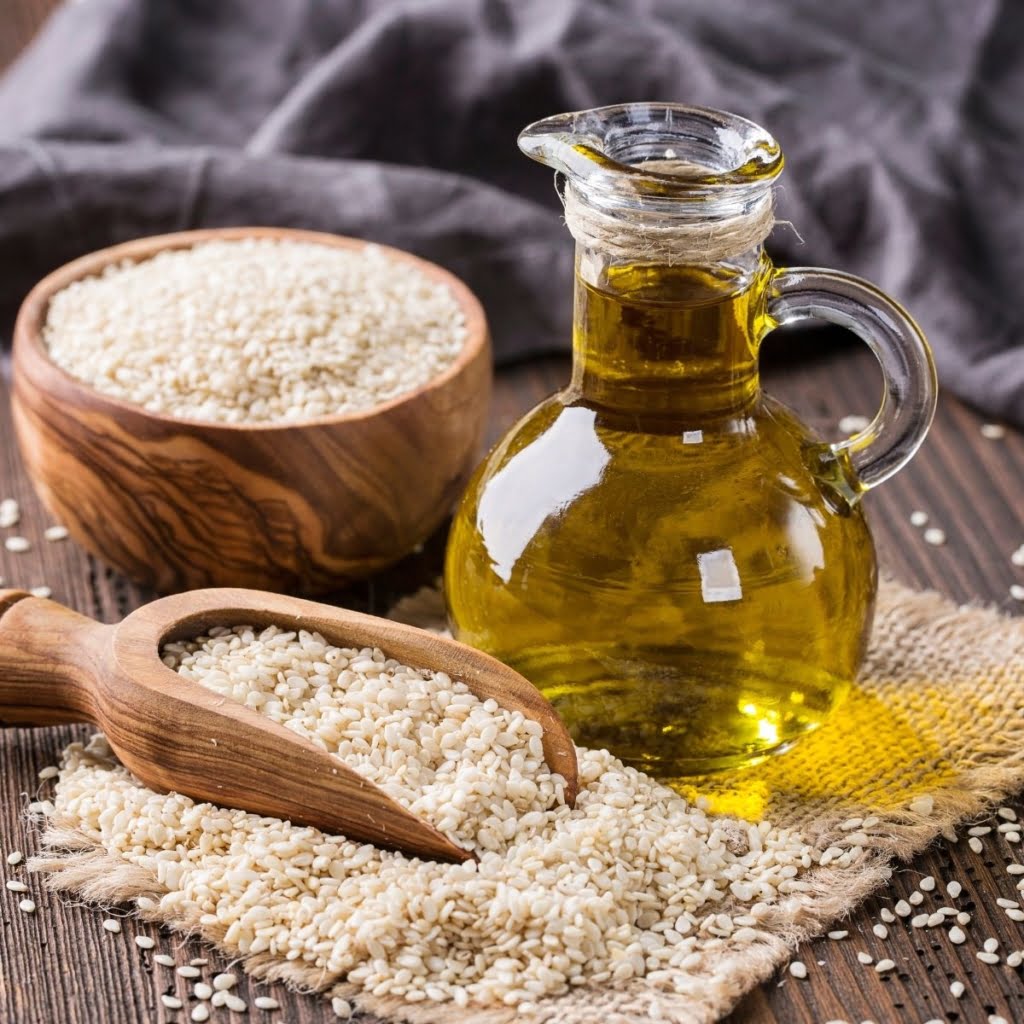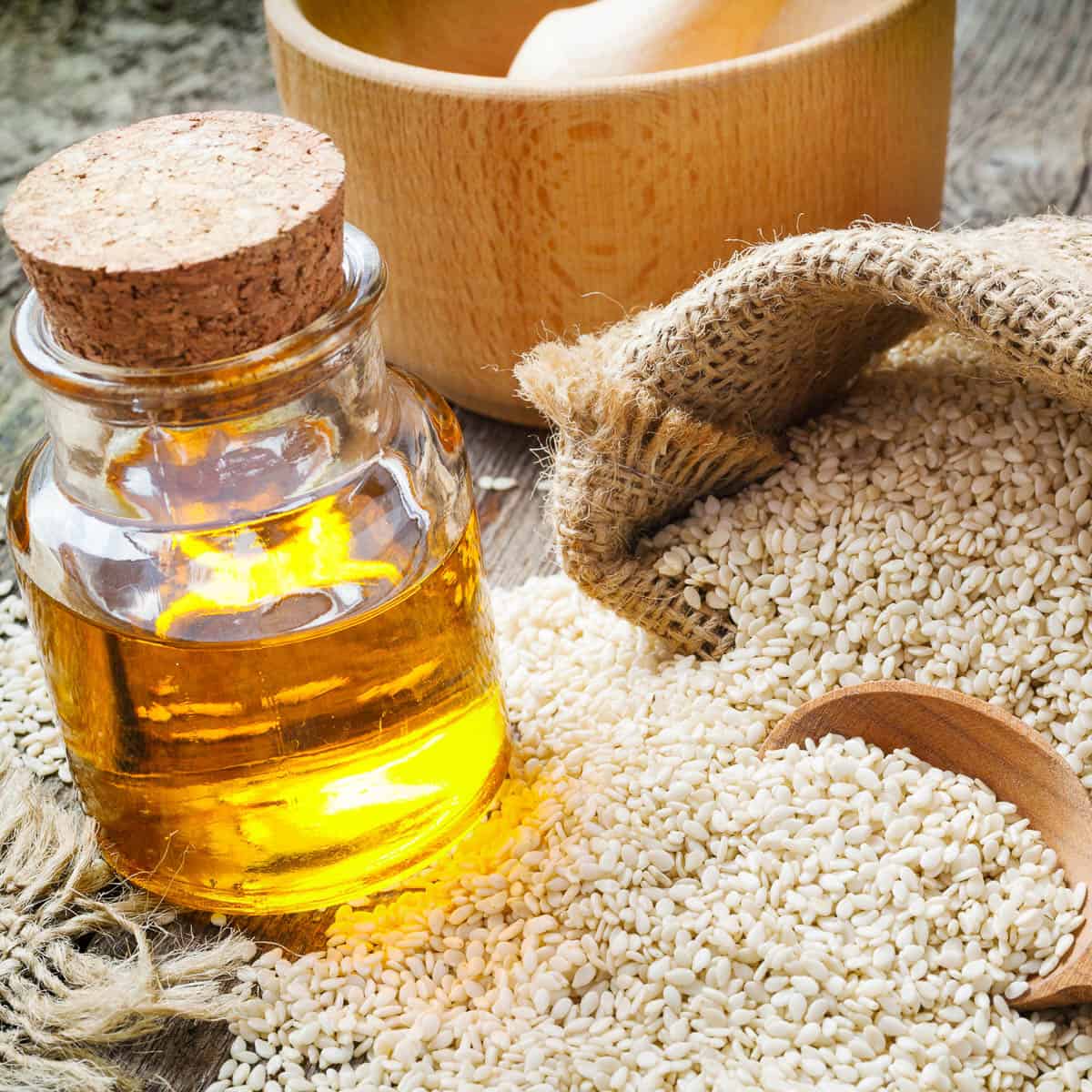Sesame seeds, tiny yet mighty, are more than just a versatile ingredient in kitchens worldwide. They carry a rich cultural heritage, playing a significant role in various traditions and cuisines, particularly in Asia and Africa. At Ajigofarms, we celebrate this nutritional treasure not only for its health benefits but also for its deep connection to cultural heritage preservation.
The Historical Significance of Sesame Seeds
Sesame seeds have been cultivated for thousands of years, with origins tracing back to ancient Mesopotamia around 3500 B.C. They are often referred to as “the seed of immortality” due to their historical importance in different cultures. In ancient Egypt, sesame seeds were used as a source of oil and as offerings in religious rituals. Meanwhile, in India, they hold a prominent place in festivals, symbolizing prosperity and good fortune.
Sesame Seeds in Traditional Cuisines
Different cultures have embraced sesame seeds in their culinary practices, showcasing their unique flavors and nutritional benefits. In Middle Eastern cuisine, tahini—a paste made from ground sesame seeds—is a staple ingredient in dishes like hummus and baba ghanoush. In Asian cuisines, sesame seeds are often toasted and sprinkled over salads, noodles, and rice dishes, adding a delightful crunch and nutty flavor.
These traditional uses of sesame seeds are not merely about taste; they represent a way of life and cultural identity. By incorporating sesame seeds into modern recipes, we can keep these traditions alive while introducing new generations to their rich heritage.

Supporting Local Communities and Sustainable Practices
At Ajigofarms, we are committed to sourcing our sesame seeds from local farmers who have cultivated these seeds for generations. By supporting these communities, we help preserve traditional farming practices and ensure that the cultural significance of sesame seeds continues to thrive. Our partnerships with farmers not only promote sustainable agriculture but also foster a sense of pride and ownership in their cultural heritage.
The Role of Sesame Seeds in Modern Society
In today’s globalized world, it’s essential to recognize the cultural heritage associated with the foods we consume. By promoting sesame seeds and their traditional uses, we contribute to cultural preservation and awareness. This, in turn, encourages consumers to appreciate the stories behind their food choices.
Moreover, as health-conscious consumers seek nutritious options, sesame seeds are making a comeback. Packed with essential nutrients like calcium, magnesium, and healthy fats, they are a perfect addition to a balanced diet. By highlighting their benefits, we not only celebrate their culinary versatility but also connect them to wellness and sustainability.
Conclusion: A Culinary Journey of Preservation
Sesame seeds are more than just a flavorful addition to your dishes; they are a bridge to our cultural past and a vital ingredient in preserving our culinary heritage. By choosing to incorporate sesame seeds into your meals, you’re not only nourishing your body but also supporting cultural heritage preservation.
At Ajigofarms, we are proud to offer high-quality sesame seeds that honor their rich history and support local communities. Join us in celebrating this incredible seed and its role in connecting us to our past while paving the way for a sustainable future. Whether you’re using sesame seeds in a traditional recipe or experimenting with modern dishes, remember that each bite carries a story worth sharing.




